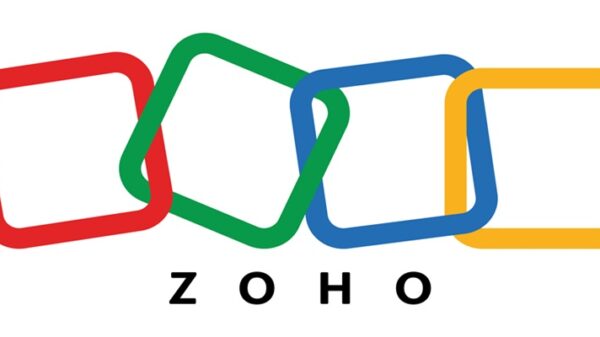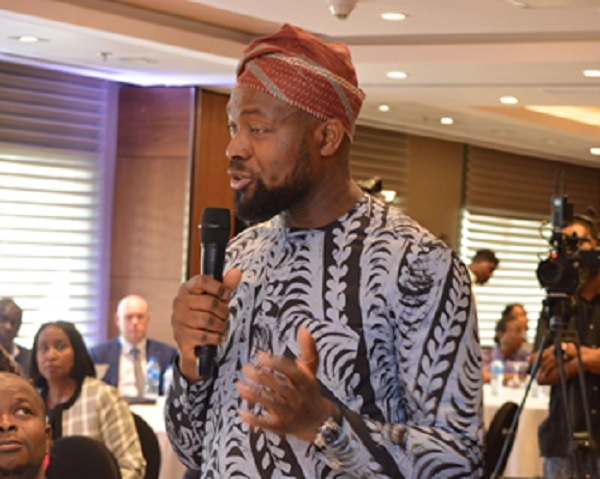A recent Groupe Spécial Mobile Association (GSMA) digital economy report has cast a spotlight on the significant contributions of Nigeria’s telecom sector to the nation’s GDP, highlighting its crucial role in driving economic growth and development.
Released amidst growing interest in the Nigerian telecom landscape, the report provides a comprehensive analysis of the sector’s impact on the country’s economic metrics. Key findings reveal that in 2023 alone, the telecom sector directly contributed 8% to Nigeria’s total GDP. However, when factoring in the wider ICT industries’ value-added contributions, this figure surged to an impressive 13.5%.
Beyond mere numbers, the report delves into the intricacies of the telecom sector’s influence on various economic sectors. It elucidates how the mobile industry’s cumulative contribution to Nigeria’s GDP reached an estimated 20 trillion NGN in 2023, accompanied by substantial tax revenue contributions totalling 2.8 trillion NGN. Such figures further highlight the sector’s role in driving fiscal revenues and national economic stability.
Moreover, the report sheds light on the transformative potential of the telecom sector in enabling digitalisation across key industries. Projections indicate that by 2028, sectors such as agriculture, manufacturing, transport, trade, and government are poised to witness a remarkable GDP increase of approximately 2 percentage points.
This surge is expected to generate an additional NGN 1.6 trillion in tax revenue, marking a significant milestone in Nigeria’s quest for economic diversification and resilience.
“The telecommunications sector is the backbone of the digital economy. We have a strong appreciation of the fact that if we are able to improve the business environment and invest in the sector, we can continue to improve the level of productivity.
A country like Nigeria has significant opportunities to contribute to the world, but this is impossible without diversifying the economy”. Dr. Bosun Tijani, Minister of Communications, Innovation and Digital Economy added.
The report also highlights the vital role of 5G networks in enhancing operational efficiency across sectors through real-time data transmission and remote monitoring.
It spotlights the immense potential of digitalisation in sectors like manufacturing and trade, with the capacity to add trillions in industry value and generate substantial employment opportunities and tax revenues.
Despite these promising revelations, the report also acknowledges the challenges faced by the telecom sector, particularly its capital-intensive nature.
The report’s findings beckon a clarion call for concerted efforts to leverage the telecom sector’s potential as a catalyst for economic advancement. With the right policies and investments, Nigeria stands poised to harness the full spectrum of opportunities offered by its vibrant telecom landscape, driving inclusive growth and prosperity for all.
![]()






























































